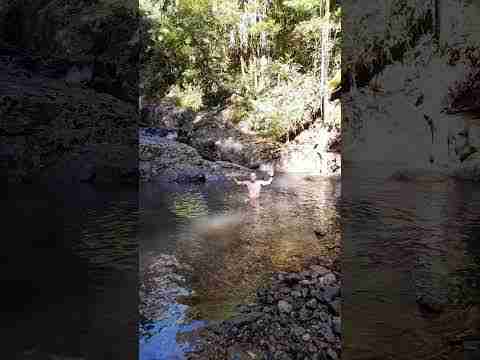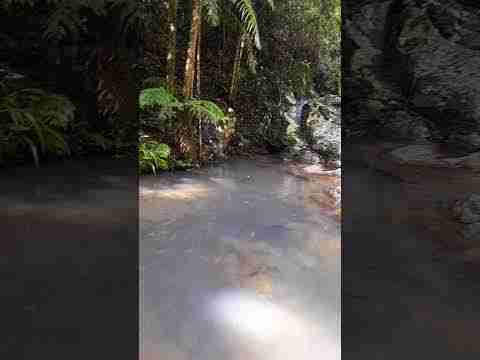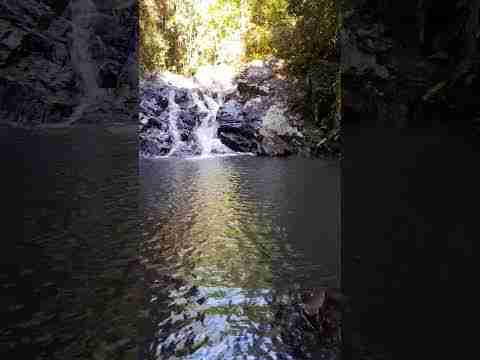[please login to make this ad block disappear]
Arctic Bound: Boomer, Korbulic, Stookesbery At It Again
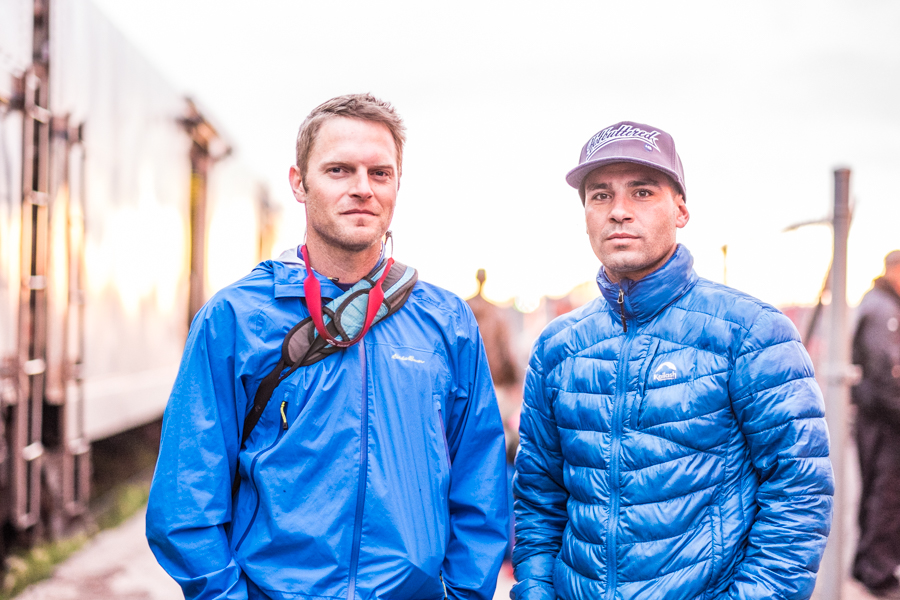 Gluttons for punishment as much as pristine whitewater paddling, Ben Stookesberry, Chris Korbulic, Pedro Olivia and Erik Boomer are at it again, this time assembling a team for a 3,300-mile expedition through Canada's Torngat wilderness to some of the most remote whitewater on the planet.
Gluttons for punishment as much as pristine whitewater paddling, Ben Stookesberry, Chris Korbulic, Pedro Olivia and Erik Boomer are at it again, this time assembling a team for a 3,300-mile expedition through Canada's Torngat wilderness to some of the most remote whitewater on the planet.|
The team will explore and attempt first descents of the George's many tributaries before riding the tide at the river's terminus to the small Inuit village of Kangiqsualujjuac.
The team set out in late July by train from Eastern Canada's Labrador Plateau and paddle to the Torngat wilderness area, which begins 700 miles away from the nearest road. Sponsored by Kokatat, Stookesberry, Korbulic and Olivia - known for major first descents in Greenland and icecap explorations in the Svalbard Archipeligo - will be joined by Boomer, who recently completed the first successful circumnavigation of Ellesmere Island among other Arctic expeditions. Local guide Noah Kujjuac rounds out the team, providing native insight in a region infamous for polar bear activity.
The team is riding the Tshiuetin Railroad 300 miles to the George River where they will then kayak the 400-mile route. Noted for its landlocked char and Atlantic salmon, as well as eastern North America's largest caribou heard, the George River valley also holds untapped whitewater. The team will explore and attempt first descents of the George's many tributaries before riding the tide at the river's terminus to the small Inuit village of Kangiqsualujjuac. In Kangiqsualujjuac, Korbulic and Kujjuac will join the expedition for the push into the Torngat Mountains National Park, flying by float plane to the Nachvak River, and then paddling through Nachvak Fjord to make the first descent in this essentially unexplored polar bear region. Upon reaching Natchvak Lake, the team will hike 12 miles out through a pass to the Karoq River rather than wait for a float plane retrieval. Upon returning to Kangiqsualujjuac, the expedition, expected to take about seven weeks, will have covered over 3,300 miles. Info: http://www.kokatat.com/expeditions |
Login to post here



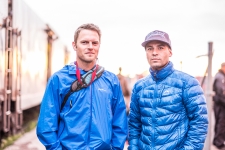
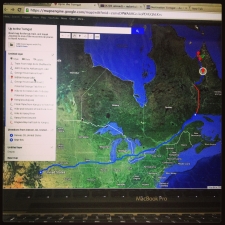
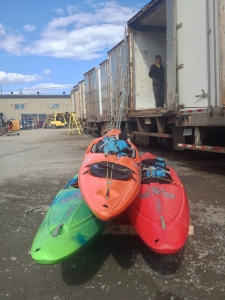





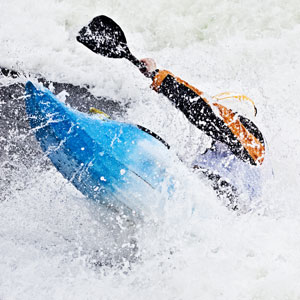 Get for free:
Get for free:


